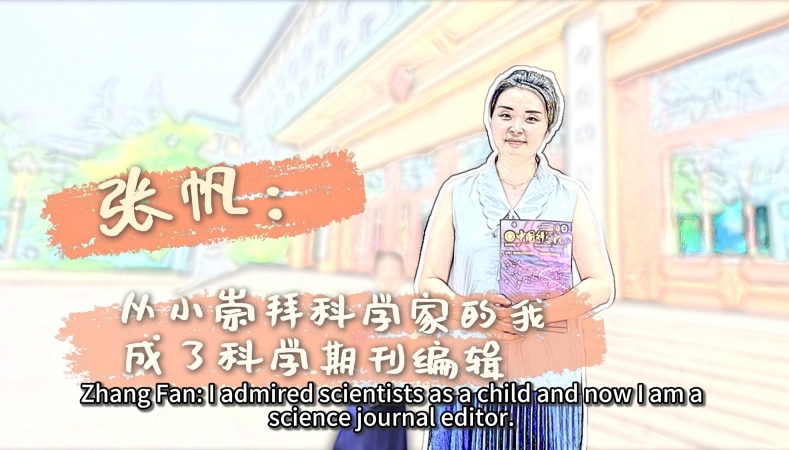Language as the Vehicle of Cultrual Exchange

Martin Woesler, a German sinologist, cultural expert and translator of Chinese literature. (COURTESY PHOTO)
By BI Weizi
Martin Woesler, a German sinologist, cultural expert and translator of Chinese literature, received the Chinese Government Friendship Award in 2021.
Professor Woesler translated works from the Chinese authors, such as Lu Xun, Yu Dafu, Zhu Ziqing, Bing Xin and Ba Jin into English and German, as well as of Cao Xueqin into German. He published the first complete translation of the Chinese classic novel Dream of the Red Chamber into German. Thanks to Woesler, many Chinese literary works are available to a Western audience for the first time.
Languages as carriers of culture
As a high school graduate with top grades and scholarships, Woesler decided to major in Chinese Studies because it was considered the hardest subject and he wanted a challenge with a difficult language and a distant culture.
Speaking several languages and having travelled extensively provide Woesler a creative perspective of looking at the relationship between languages and cultures.
He believes that Chinese carries one of the richest cultures in the world and has lived in the country on and off for almost eight years, considering himself to be partly Chinese. To Woesler, languages open new worlds, especially the literary tradition of Qu Yuan, Li Bai, Du Fu and Bai Juyi.
Dream of the Red Chamber
When he started to study Chinese at Bochum, Germany and Peking University, he was intrigued by Dream of the Red Chamber, whose German translation and revisions would become his most significant tasks for decades.
Dream of the Red Chamber opens up a Chinese world about 250 years ago to Western readers. The novel is a classic, not only for its huge cast of characters and psychological scope, but also for its precise and detailed observation of the life and social structures typical of 18th-century Chinese society.
According to Woesler, one of the major obstacles he encountered while translating the epic work was the cultural elements, which cannot be understood if one is not familiar with China's history and traditions. He tried to solve this problem by giving further explanations in the text or in footnotes. In terms of the meanings of names and places, sometimes double meanings, he explained when he could not recreate the complexity in the target text. He hopes that his translation could take the readers back in time and identify themselves as one of the protagonists, therefore evoking similar, if not the same response from target readers.
Woesler developed the appropriateness theory as a new translation strategy -striving not just for the best equivalence, but for the one which is the most appropriate.
Chinese Government Friendship Award
Woesler regards the friendship award as a great honor and incentive, deepening his feelings with Chinese people and love of Chinese culture. The award has inspired him to continue his dedicated work to advocate communication and exchanges between Chinese and Western cultures.
He plans to spend more time in China and help guide the promising young academic community to reach international standards. There are many talented young scholars in China and he is striving to make as many as he can prepare for the very competitive future globalized job market. Chinese and international scholars should cooperate more in research and teaching, said Woesler.
He believes that the more international cooperation and exchanges there are, the better China can learn useful things from the world and the better the rest of the world can benefit from China.

